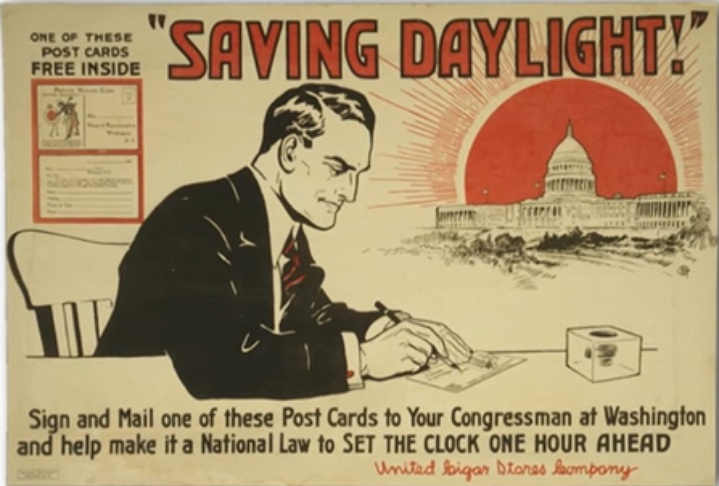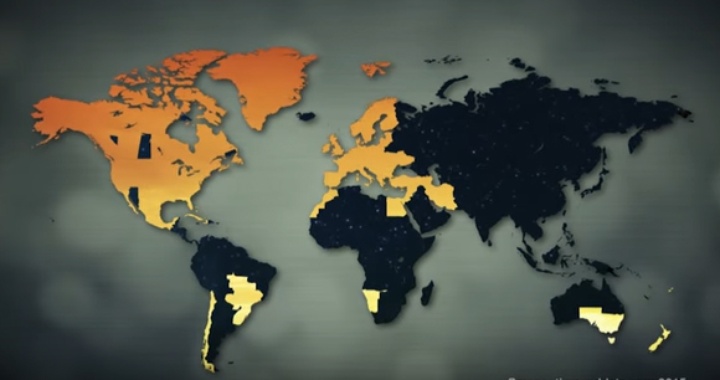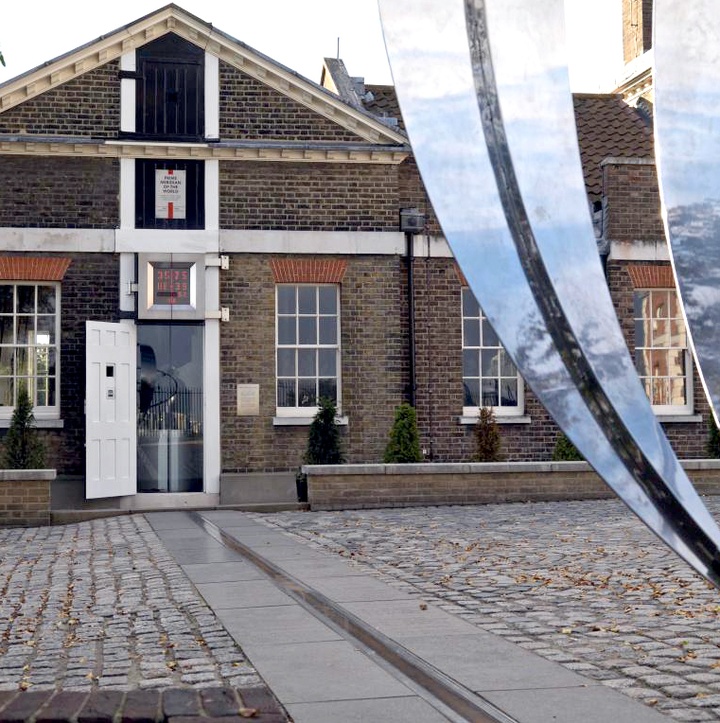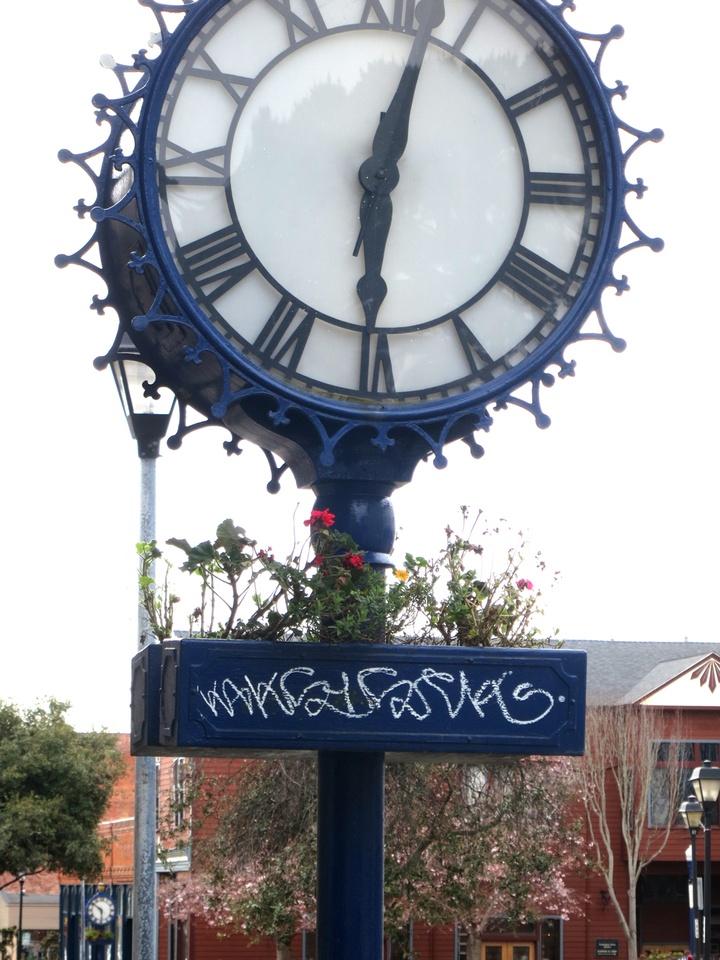
Everyone hates Daylight Saving Time, even those who incorrectly call it daylight savings time. Or those who think it’s got something to do with helping farmers (cows, I’m told, have the hardest time telling the big hand from the little hand). It’s time we fixed time.
If you’re looking for someone to point the finger at, blame Kaiser Bill, Queen Victoria’s eldest grandson and leader of Germany during the First World War. The Germans unleashed their secret weapon on April 30, 1916 when they moved their clocks forward by one hour to save fuel for the war effort. Didn’t work. And anyway a bunch of other countries promptly (and foolishly) followed suit.
Our last go-round, last Sunday, seems to have brought out the worst for DST sufferers — I’m still hearing complaints nearly a week later. Not sure if it’s the weather (actual or political), but this switcheroo sure upset a lot of folks.
Me, I’ve always hated the whole notion, but at least where I come from (I was a war baby in Britain, born during Double Summer Time, with the clocks magically having sprung forward not one, but two hours), they have the honesty to call it “Summer Time.” Over here, the “savings” part is sheer BS of course (sounds like something the Republicans would throw in to sweeten some daft notion of theirs, whether it’s a health plan or a wall or whatever). Fiddling around with clocks saves exactly nothing. It just feels that way when you get to sleep in an extra hour in November. Not so much in March.

Places that don’t switch twice a year in black. (The closer to the equator you are, the less of a difference DST makes.)
The problems with DST, other than everything, are manifold:
- It’s inconsistent. States have their own jurisdiction over DST, so while Hawaii and Arizona (other than some, but not all, tribal lands) sensibly skip it, the rest of us suffer.
- Countries change on different dates, e.g. British Summer Time starts on March 26 this year; Mexico’s clocks go forward an hour on April 2.
- Depending on who’s doing the measuring, it’s inefficient. University of California researchers measured electrical usage in different parts of Indiana pre-2006, when the state had three time zones (before the State legislature unsportingly ended that mashup — it now only has two). Those parts of the State with DST used more power than those that without, savings in electric lights presumably being overshadowed by Hoosiers using fans and air conditioners during extended summer evenings.
- Traffic accidents, strokes and heart attacks spike the week after the switch to summer hours. Judges sentence more harshly.
- If we all take 10 minutes changing our clocks and watches twice a year, that’s costing two billion dollars annually (using the current average hourly wage of about $26).
So what’s the answer? For Californians, we’re probably going to have a chance to vote to abolish the whole spring-forward-fall-back debacle next year. And we may be joined by Massachusetts, which is talking about going on permanent Atlantic Standard Time.
Which is a start, but far too timid, imho. If we really want to bring some sense to time, we should do away with time zones entirely; we should, planet-wide, adopt the system used by airlines and military services: Zulu time (phonetic “Z”) — what most of us still call Greenwich Mean Time, more properly UTC for Universal Time Coordinated.
To be clear: we’d all be in the same time zone, anywhere on Earth, summer and winter. As I write (late Thursday afternoon), the time here, in Tokyo, Sidney, London, New York, everywhere is 01:10 UTC. No resetting watches when you fly, for instance, from SFO to LHR (London Heathrow). No resetting clocks twice a year.

01:10 Zulu time (6.10 pm Thursday afternoon PDT)
Trivia: Here in the Eureka/Arcata area of Humboldt, our longitude is about 124 degrees west of the Greenwich “prime meridian” of zero degrees. Why Greenwich? Because of Greenwich Observatory on the south bank of the Thames, a few miles downstream from London, England. The International Meridian Conference adopted Greenwich as the prime meridian in 1884, at a time when Britain was the world’s leading maritime power. (Hard to believe now.)

Zero degrees longitude: the prime meridian (line in pavement) at Royal Greenwich Observatory.
Actually, here in downtown Eureka, we’re so used to our twin clocks on Second Street showing the wrong time(s) that calling noon “twenty-one-hundred Zulu” wouldn’t really be much of a stretch. What do we want? Time! When do we want it? Now!

The time in Eureka is, um, 6:02? 5:50? (It was 4:30 Thursday afternoon.)
CLICK TO MANAGE